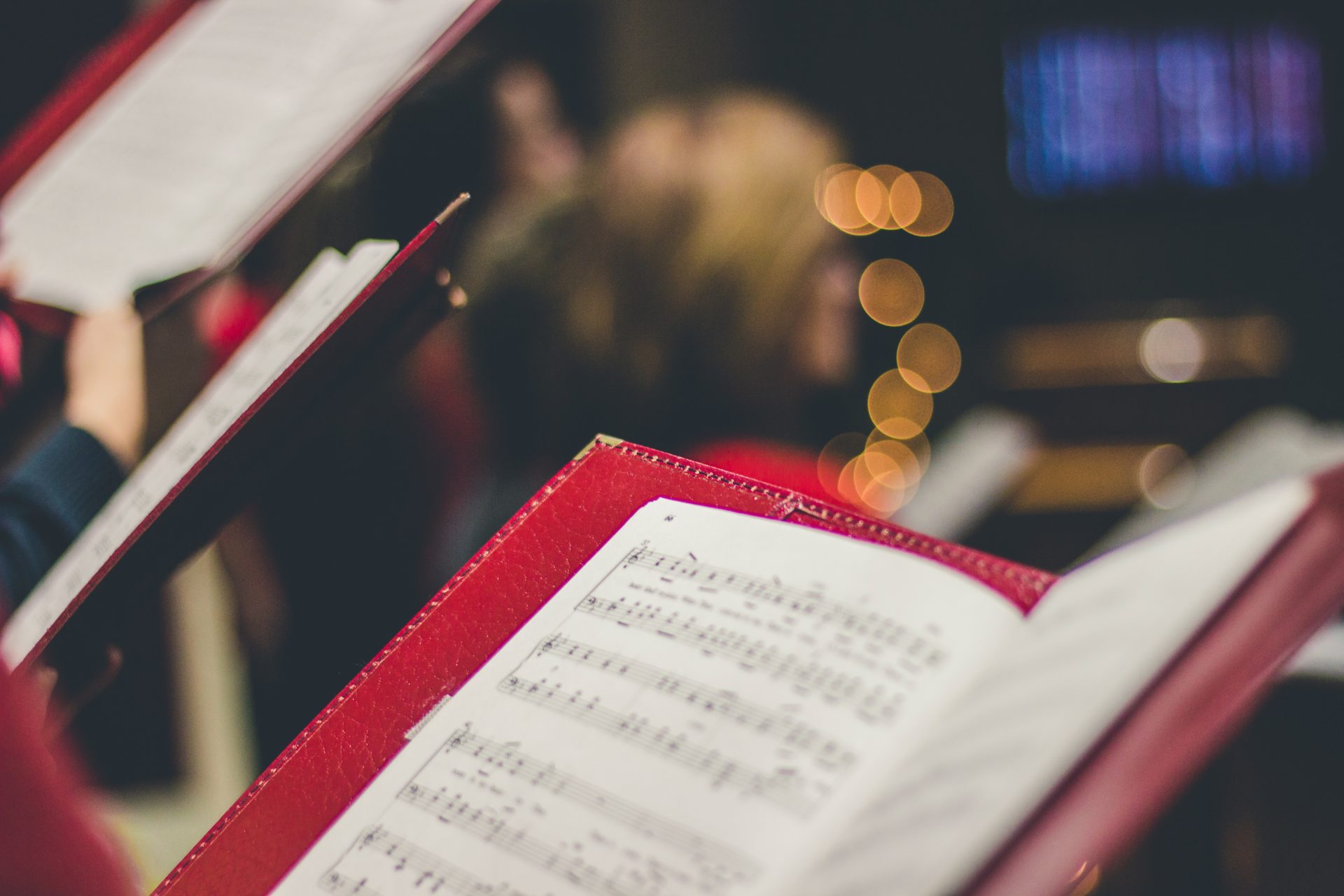
Photo by David Beale on Unsplash
A word that comforts
Isaiah 40 has become quite familiar as a Scripture reading for worship services as well as in the musical life of the church during Advent. George Frideric Handel set the opening words “Comfort, O comfort my people” as part of his “Messiah” oratorio. Singing the text from the old King James Version, the tenor part soars beautifully.
In 1741, Handel wrote “Messiah” for a charity event held in April 1742. Remarkably, he was able to compose the piece in twenty-four days flat! The “Messiah” oratorio has become a staple of choirs, large and small. For some, it would not be Christmas without hearing a few movements from this piece, even though the piece was composed more for the Lent/Easter season.
She fights down another urge to start crying. Then she hears her CD changer in the corner whir softly and begin another disc. It is her late husband’s copy of “Messiah,” the one he used to sing along to as he did dishes or read the sports section on a Sunday afternoon. It’s some Lutheran college choir out in the Midwest somewhere. The overture has finished, and the tenor starts to sing: “Comfort ye, comfort ye my people, saith your God.”
Somewhere in the midst of her grief, the words of a young tenor speak to her anew. Those words “comfort ye” just keep working away. Somehow, what overwhelms seems a little smaller, a little more bearable. She starts to knit, and soon finds herself softly singing along.
In one of the great moments in the 1960s Civil Rights movement, King weaves the prophetic words of the Bible in his condemnation of segregation, the denial of basic civil rights to all persons, and the oppression that hinders a more fulsome justice for this country. He references Isaiah in his soaring oration, mixing the ancient prophet’s hope for a people repenting of their sins alongside his vision of God’s justice unfolding.
The prophets yearn for a people more attentive to God, and they preach the hard word of judgment alongside the radical promise of hope and deliverance even in the most impossible of circumstances. It is no wonder that Handel and King turned to the prophetic tradition when they needed something majestic, powerful, and capable of transporting a people into the vision of what God intended, despite what life was really like. Isaiah’s prophetic word thunders, whether it be an ancient people yearning for home after long exile or a country that considered itself a “chosen nation” even when building that nation upon the backs of countless marginalized people.
The prophets are needed as the Church nears Christmas, especially during a hopefully less COVID-19 complicated Christmas and the last few years that we have endured with much hardship, anxiety, division, and uncertainty. We need to hear their words as we look at our broken world, as we look at our own brokenness.
The prophet proclaims, “A voice says, “Cry out!” And I said, “What shall I cry?” All people are grass; their constancy is like the flower of the field. The grass withers, the flower fades, when the breath of the Lord blows upon it; surely the people are grass. The grass withers, the flower fades; but the word of our God will stand forever” (Isaiah 40:6-8).
The prophet Isaiah offers us the incredibly good news that despite our sins, God shall forgive abundantly, and despite our despair (or even our attempts not to deal with our despair), God works in our lives and in this world, bringing hope, bringing justice, bringing the Word that endures. I find myself reveling in Isaiah’s poetic words, wondering a bit at the vivid imaginative hope that the prophecy brings to bear on our wearied and tattered world.
If that is not a word for Advent, if that is not a word for the whole year through, the last word is there will be no comfort, and we are all like grass.
But, no, my brothers and my sisters, hear the prophet crying out, “The Word of the Lord endures.”
Rev. Jerrod H. Hugenot is associate executive minister, American Baptist Churches of New York State.
The views expressed are those of the author and not necessarily those of American Baptist Home Mission Societies.



